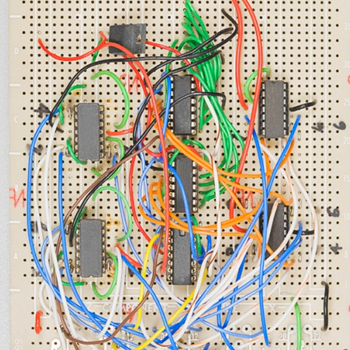Question #39731
2 Answers
Ans is (2)
Explanation:
Clearly,
(2) H2 will be fully consumed
Explanation:
Limiting Reagent : The reactant which is completely used up at the end of the reaction
Working :
Taking N2 to be the limiting reagent,
3 mol of N2 would require 9 (3x3) mol of H2 to fully react, but there is only 3 mol of H2 available for N2 to react with, therefore N2 is not the limiting reagent as there is not enough H2 provided for it to be completely used up.
Taking H2 to be the limiting reagent,
3 mol of H2 would require 1 (3/3) mol of N2 to fully react. As there is 3 mol of N2 available which is more than the required amount, H2 is the limiting reagent as it can get completely used up while N2 will remain in excess.
If H2 is the limiting reagent in the reaction of N2 + 3H2 -> 2NH3,
The amount of NH3 produced is 2 (3 / 3 x 2) mol according to the mole ratio.
Answer :
(1) is incorrect as N2 is not the limiting reagent, therefore it cannot be fully consumed.
(2) is correct as H2 is the limiting reagent, therefore it will be fully consumed
(3) is incorrect as since H2 is the limiting reagent, 2 mol of NH3 will be produced, not 4 mol
(4) is incorrect as (1) and (3) are incorrect


